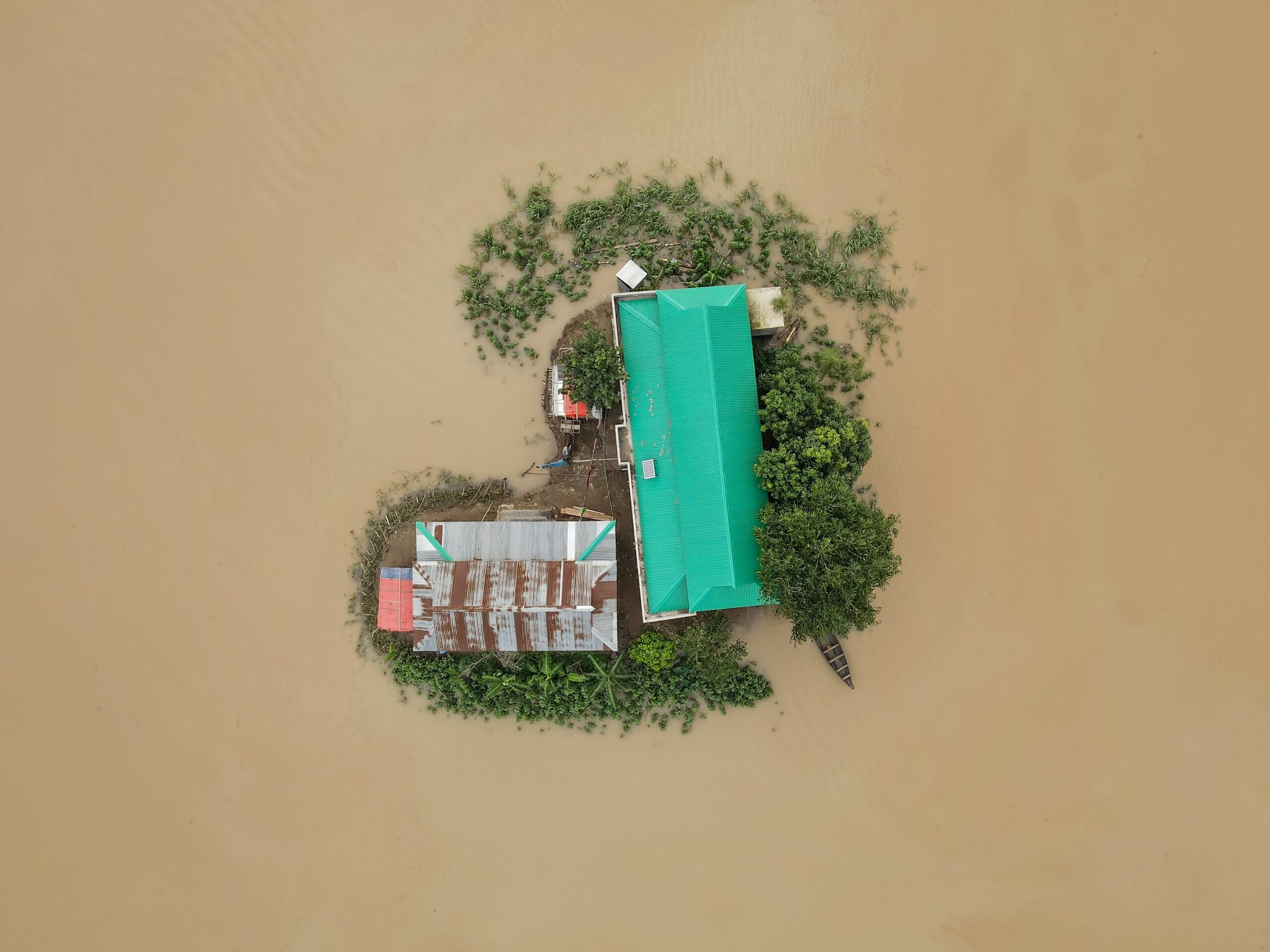With over 401 natural disaster events occurring each year worldwide and leaving millions homeless, anyone experiencing a natural disaster with or without the loss of life is also experiencing grief. Here are 3 things to remember about anyone affected by a natural disaster who is traumatized by and grieving the experience.
Does society minimize the pain, loss, and grief associated with natural disasters and those affected by them? Just last year alone, there were a total of 401 natural disaster events worldwide, and each year, natural disasters kill tens of thousands of people and leave 14 million people homeless in their wake.
That’s a lot of people experiencing unimaginable grief whether they lost a loved one, their home, their pet, or all three.
People typically associate grief with death, forgetting for a moment that grief takes many forms and is a result of many different events and experiences. And when it comes to natural disasters – whether its a wildfire causing mass evacuation where people forget important medications, a tornado ravaging through a home rendering it destroyed and unrecognizable, or a hurricane that wipes out an entire city with mass flooding following closely behind – a natural disaster is most certainly a grieving event for those affected, even if loss of life did not occur.
So before saying things like, “At least you are safe,” or, “At least it’s only stuff,” consider these three things about grief that those affected by a natural disaster may be experiencing
- There are 40 or more known losses a griever can experience in a lifetime. Grief is not just about death. Losing a home, being evacuated, the paralyzing fear of not knowing where you will sleep at night, being uprooted from your normal routine, and having to spend time in a shelter full of strangers – these are all grieving experiences.
- All grief is experienced at 100% by the griever. Comparing someone’s grief to your own or a worse kind of grief (these statements typically start with, “Well at least..”) can make the person in the throes of grief feel dismissed and discounted. All grief is experienced in full force by the person enduring it.
- Grief can be as extreme as death and as simple as a change in one’s normal patterns or behaviors. Just because you have safety and shelter does not take away from the life-altering experience you endured and the emotions that followed. Spending a night (or a month) in a shelter without your bed, your comforter, your belongings, in your home qualifies as a grieving experience that can feel just as painful as the loss of a loved one.
As someone who was evacuated by wildfires in California at 3 AM, I know firsthand how terrifying and devastating a natural disaster can be. I also know how as a society we tend to downplay natural disasters as a less-severe form of grief when in all actuality, they are traumatic whether or not loss of life occurs.
Just because “you have homeowners insurance” or “at least you’re alive,” does not make the experience any less traumatizing and does not forbid you the opportunity to grieve in a way that fosters healing.
If you have been affected by a natural disaster, you are not alone. We see you, we know you’re hurting, and want to offer you support so you can share your story in a safe place and feel supported in your healing journey. Contact us today to set up an appointment and spend some time with us – we’re here for you.
Sharon Brubaker is a certified Life Coach and credentialed Grief Specialist who teaches women who are grieving how to process their thoughts and emotions. To learn more about navigating grief within the family, listen to the full podcast episode here or download my free e-Book, The Griever’s Guide, which equips you with the tools to live life after grief; because no griever should have to navigate a broken heart on their own.




